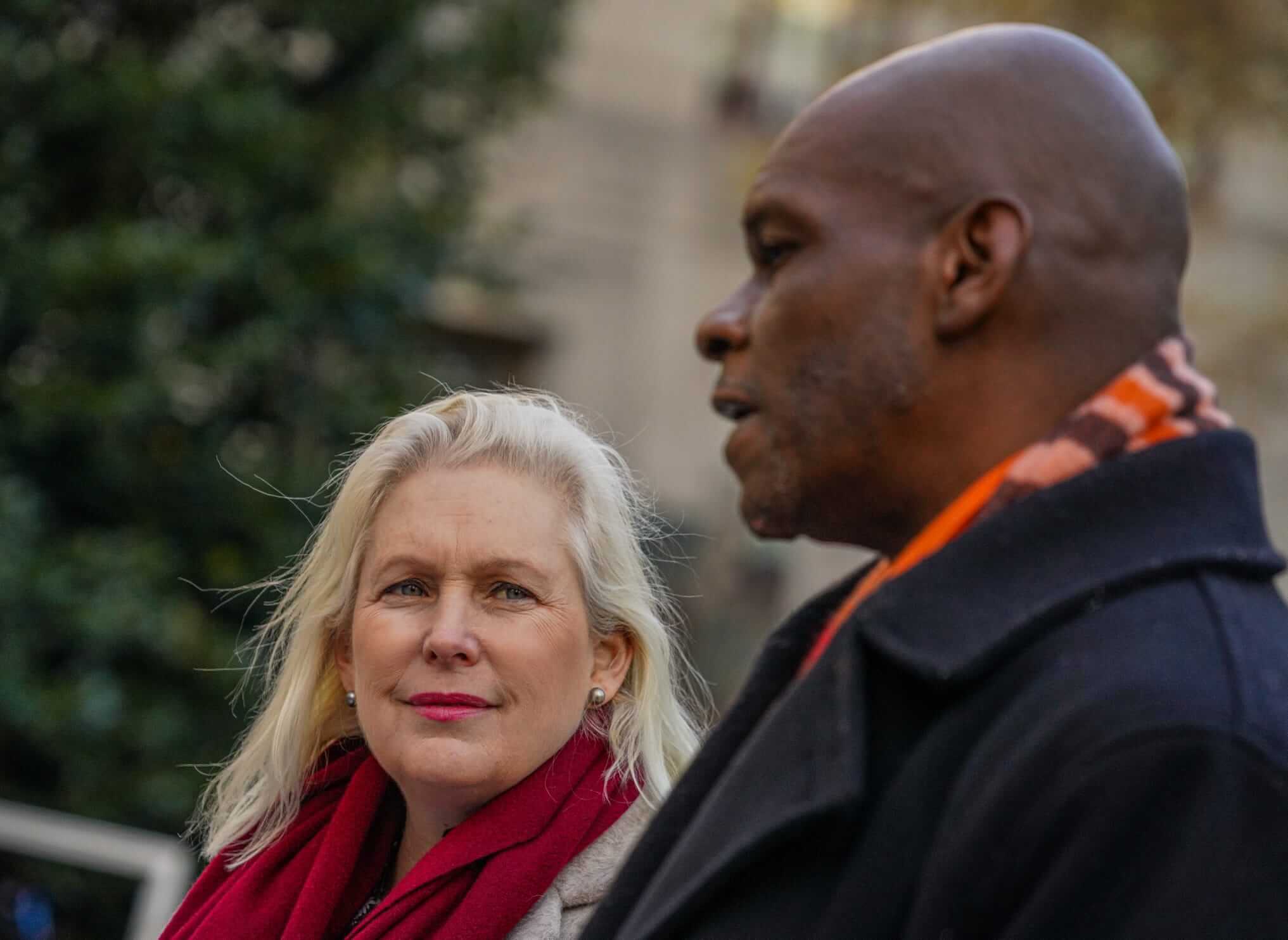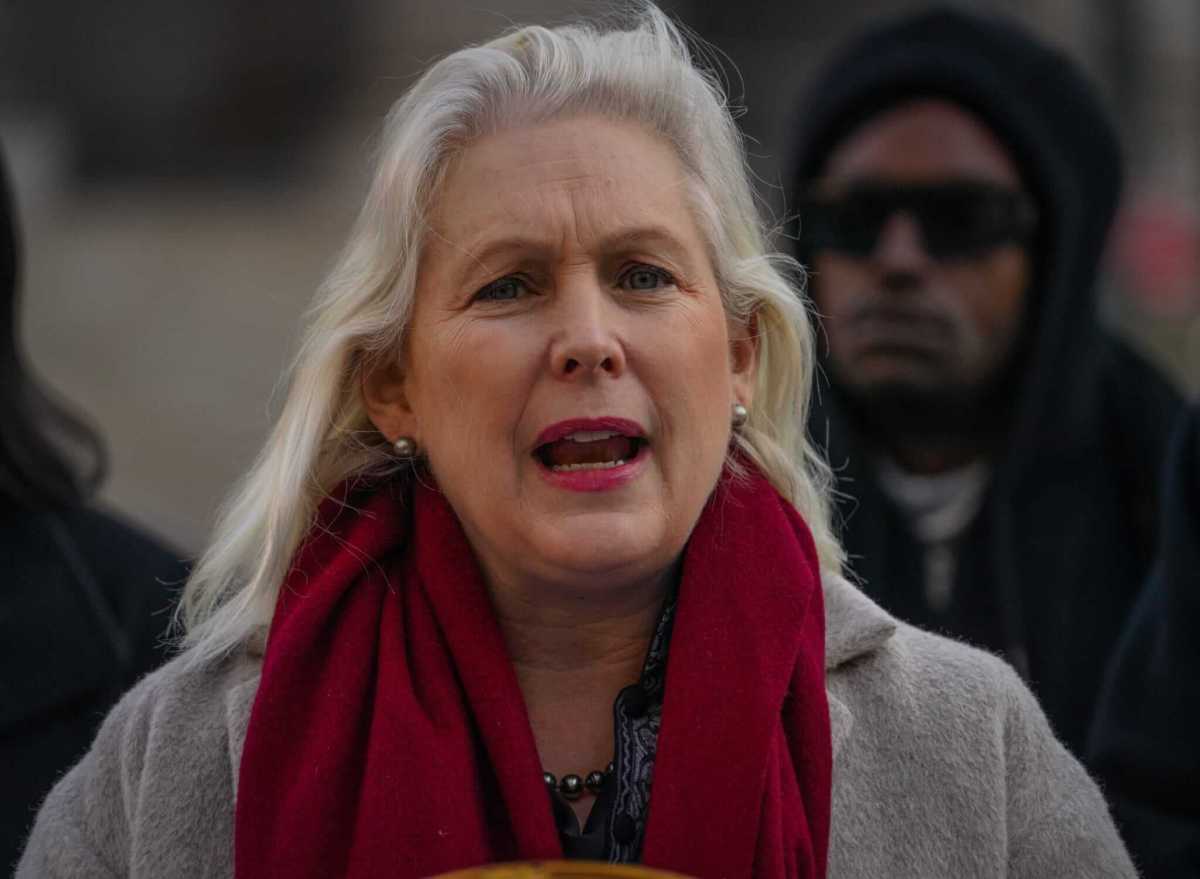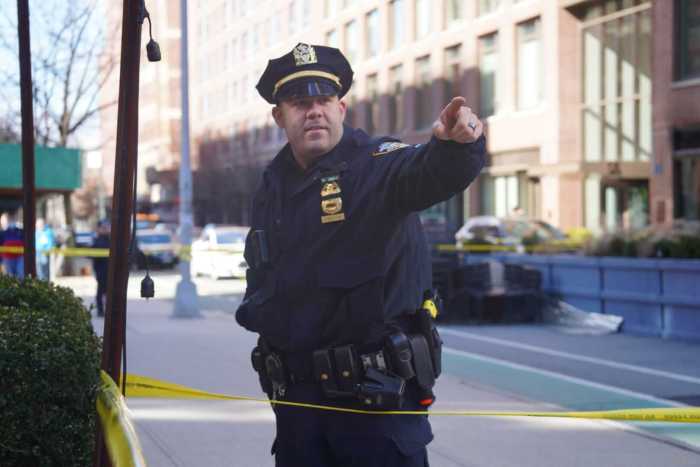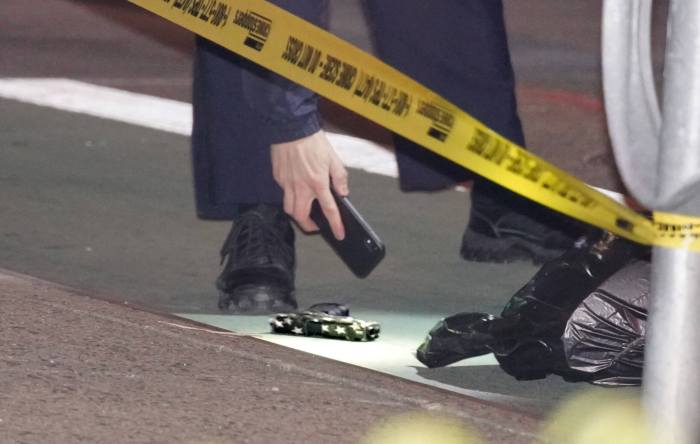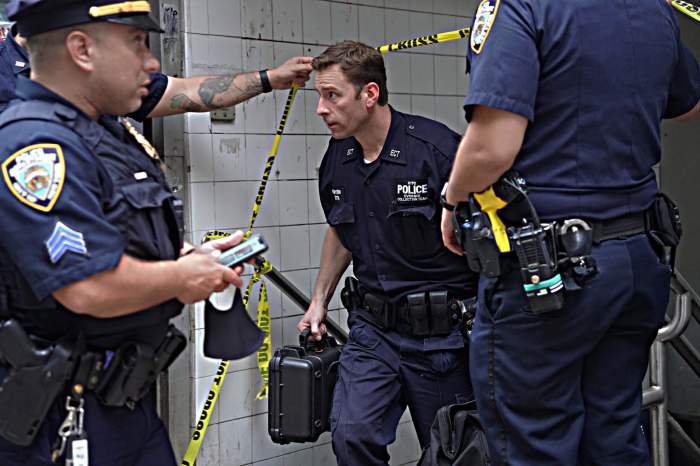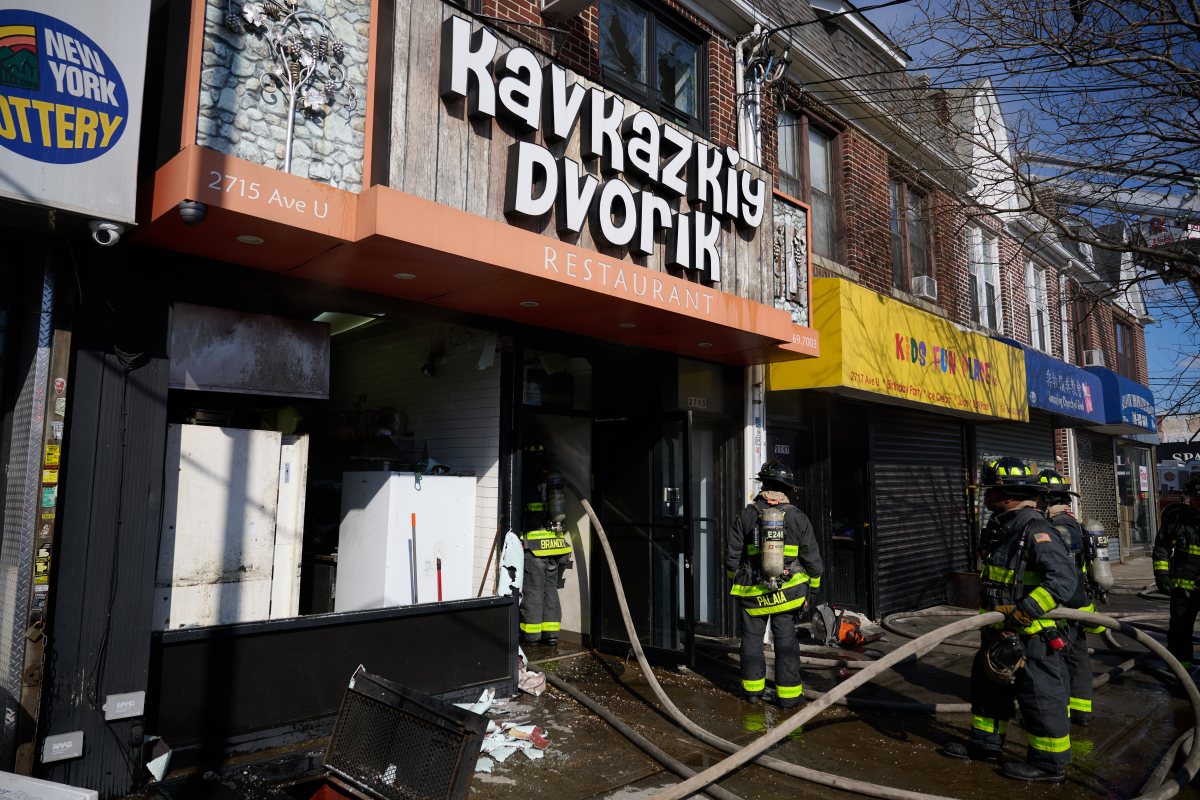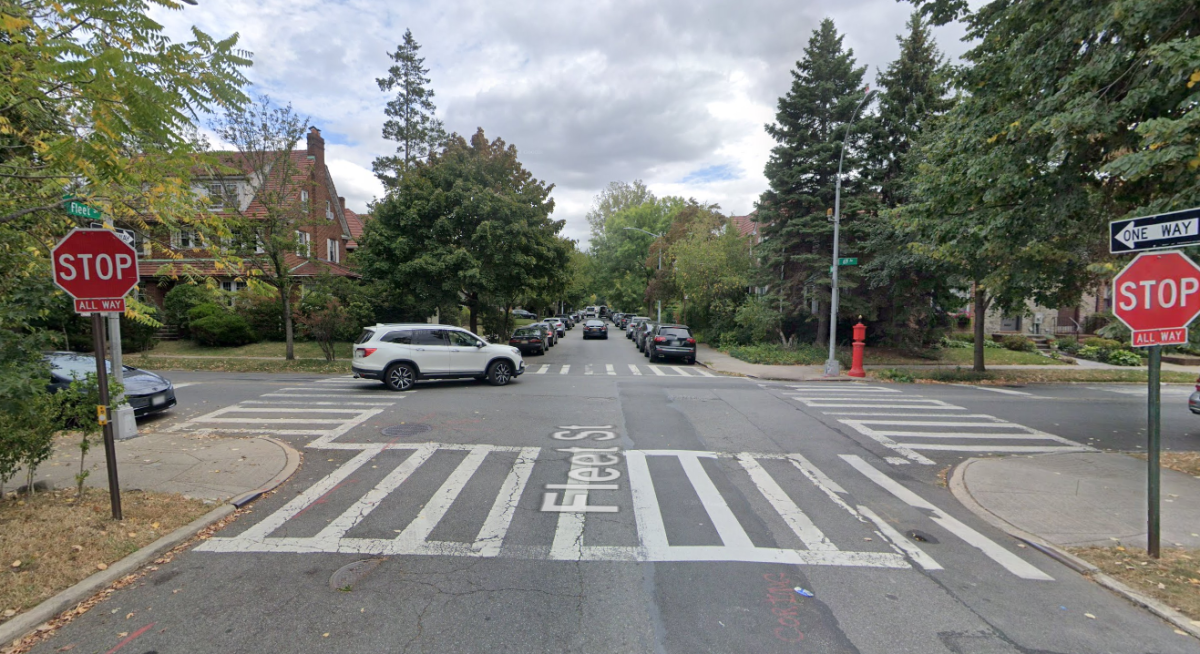Senator Kirsten Gillibrand urged the federal Justice and Treasury Departments on Sunday to swiftly implement newly approved methods of tracking mass shooters and gun traffickers.
In September, the International Organization for Standardization (ISO) approved merchant category codes (MCC) in order to help keep a close watch on those making large-scale purchases of firearms and ammunition. These four-digit numbers are the same merchant codes that are used in grocery stores, nail salons and other businesses — but up until recently gun retailers were able to operate without these codes, making it impossible to know when an individual made a bulk purchase of deadly weapons.
Believing that lives are on the line, Gillibrand joined President and Chief Executive Officer of Amalgamated Bank Priscilla Sims Brown and Five Mualimm-ak Director of Programs at Life Camp Incorporated in Foley Square on Dec. 4 to call upon the Treasury and the DOJ to publish an advisory and establish a policy framework to help in the implementation of the new MCCs.
Gillibrand is requesting a set of guidelines for financial institutions, law enforcement and retailors to utilize in reporting suspicious firearm purchases that could lead to gun trafficking.
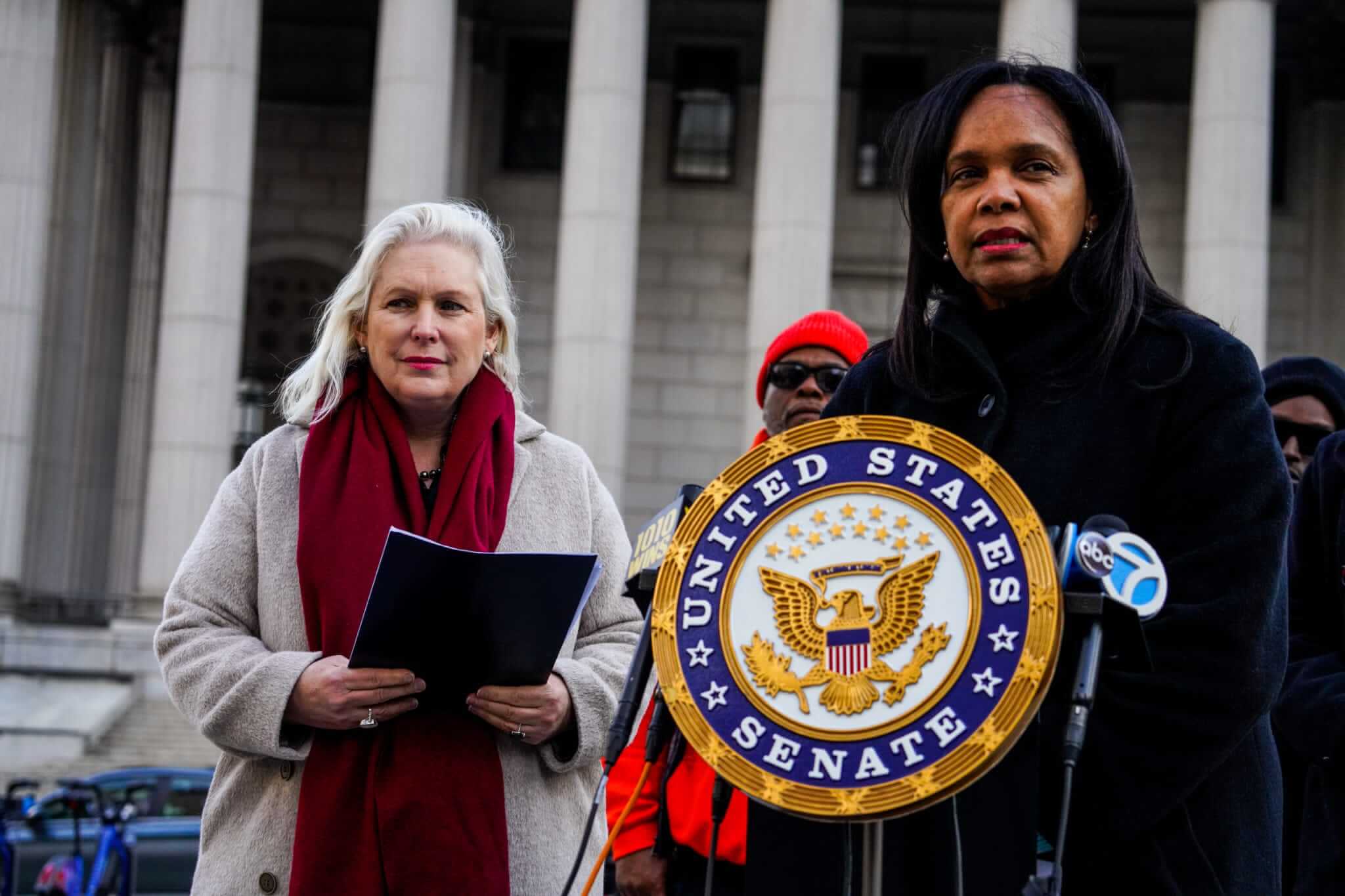
“It’s been nearly impossible for banks to determine whether a large, unusual charge on your credit card is for a set of golf clubs or for a gun. That’s simply outrageous and revising the merchant category code assigned to gun stores will give banks the ability to track and identify these purchases,” Gillibrand said. “Now that we have these important steps in progress. I’m writing to the Department of Treasury and the Department of Justice requesting that they facilitate the immediate calling for publication of advisory that lays out how to report suspicious activity related to firearm purchases and its role in gun violence.”
While it’s been established that financial institutions would normally have to submit Suspicious Activity Reports (SARs) to the government when they believe purchases have been made to commit terrorism, human trafficking, and fraud; there is currently no policy in place for financial institutions and law enforcement to report suspicious mass purchases at gun and ammunition stores.
Gillibrand declared that the codes will not be used to judge firearm enthusiasts, hunters, and or collectors but instead those who make random and unusually large purchases with credit cards.
According to Gillibrand, several high-profile rampage shooters made large bulk purchases of guns and ammo before they partook in their lethal acts, including 64-year-old Stephen Paddock who, in 2017, killed 60 people in a Las Vegas massacre, using credit cards to pay $170,000 for his arsenal in the months leading up to the incident.
